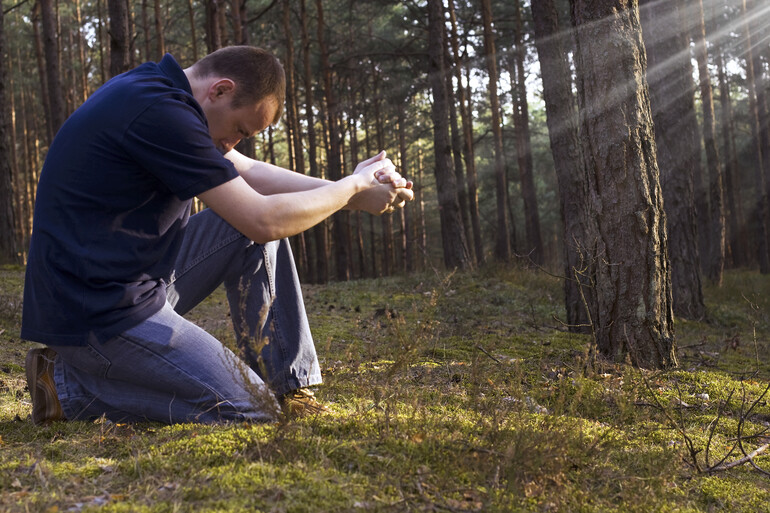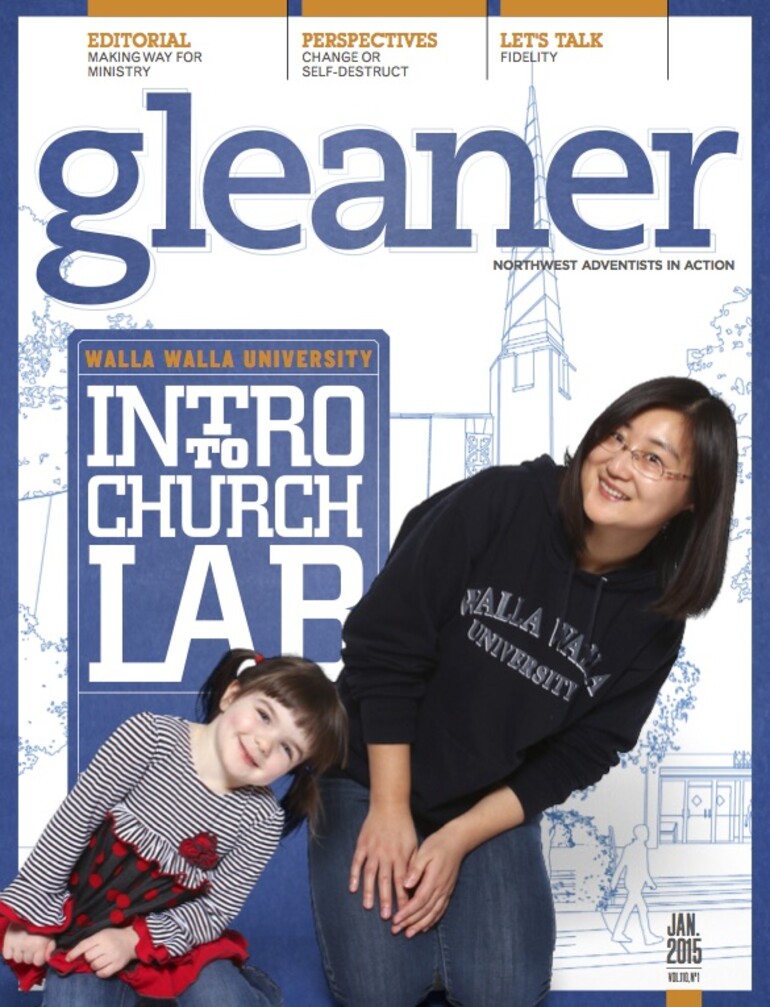This past November I attended a Dave Ramsey conference in Nashville, Tenn., that really messed up my theology. For the uninitiated: Dave Ramsey is a bestselling author, world-renowned speaker and teacher on the subject of stewardship. I know, boring right?
Most of us would rather hear sermons on the book of Chronicles than be tortured by an annual stewardship sermon series in January — reminding us all of how our greedy materialism got the better of us during the holiday shopping spree that never should have happened.
Part of the problem lies in our definition of stewardship and the abysmal ways we have tried to cram it down the throats of the faithful during the offering call or annual business meeting. Many of our materials and presentations have been myopic — making stewardship all about money. It is so much more than that — stewardship is everything.
From the outset of our meetings, Dave made it clear that stewardship is not fundraising. It may include that at times, but the equation of biblical stewardship with a call for financing various projects is theologically anemic — and annoying. Going further, the idea that stewardship is only about money and church budgets, and even personal budgets, also falls abysmally short of the biblical concept.
Restricting stewardship to financial matters is like saying The Count of Monte Cristo is about a rich guy — the themes and nuances are so much more complex than money.
Jesus gives the foundational teaching on stewardship when He says, “No one can serve two masters, for either he will hate the one and love the other, or he will be devoted to the one and despise the other. You cannot serve God and money” (Matt. 6:24). Wait … I thought you said this wasn’t about money!
Lies!
Calm down — what most translations render as money actually involves so much more. Other Bible versions use the word “mammon.” While I am sure a few people reading this might include mammon in their daily vocabulary at school, the grocery store or gas station — most of us don’t.
Seriously, can you imagine the following?
“Would you like any mammon back?”
“We accept mammon or check.”
“Show me the mammon!”
Not to mention mammon trees and mammon burning holes in people’s pockets.
Within ancient Jewish writings “mammon,” from the Greek mamonas, denotes resources or dishonest gain. However the word is older than that — possibly coming from an Aramaic noun that means “that in which one trusts.”1 Well, that’s different.
So in this passage Jesus tells us we cannot trust in Him and other stuff. We can’t ultimately trust in our money, our good works, our status, our education, our addictions — or we will end up hating God. This isn’t about money; this is about what we look to in life to function. Stewardship is learning to dedicate ourselves, and everything that makes up ourselves, to Jesus.
As I have been wrestling with stewardship theology in recent sermons at church, I have wondered if the purpose of stewardship goes even beyond managing my life and is really about protecting the image of God.
We are made in God’s image in order to reflect God’s glory2 — but when my heart is seduced by other stuff, suddenly my priorities rearrange and my life becomes dedicated to acquiring whatever it is I feel I need to function.3 With Jesus out of view, I no longer care about the purpose of His creation — creation becomes a means to achieve my own skewed purposes.
Suddenly, I am a servant to whatever “mammon” (wealth, status, beauty, cookies) I feel I need to live — willing to do whatever it takes to acquire what I feel I need. Instead of my heart finding rest and value as a child of God, it becomes an insatiable beast willing to devour whatever stands in the way of success — even people.
If I become willing to devour people on the way to my own warped definition of success, then not only do I lose the image of a loving God in my life but I strip it from others by using them as “things” instead of recognizing them as created beings bearing the same image. Failing stewardship leads to a loss of humanity.
From here stewardship expands to so many potential theological avenues. We can explore stewardship and social justice — how we use our resources affects those who don’t have any. Stewardship and Sabbath fit well together — reminding us we are worth more than we make, not to mention that we did not make the world and therefore don’t own it. The theme of freedom matches stewardship as it can speak to releasing people from the consequences of debt, poor decision-making and oppressive cultures.
As we seek to reclaim and explore biblical stewardship with all its practical implications and theological themes, may God help us leave a legacy that inspires others to put their trust in Who matters most — not what matters least.











